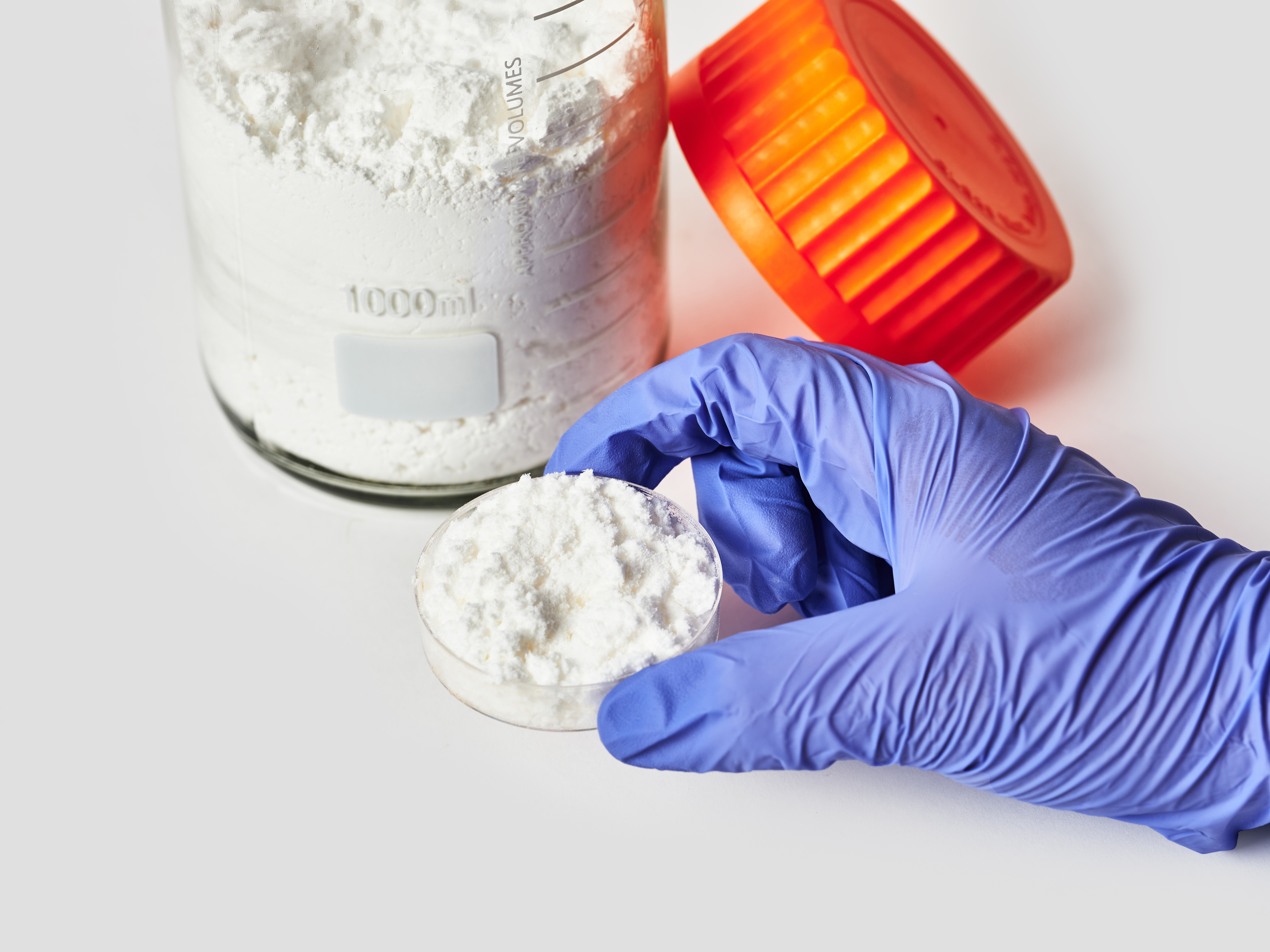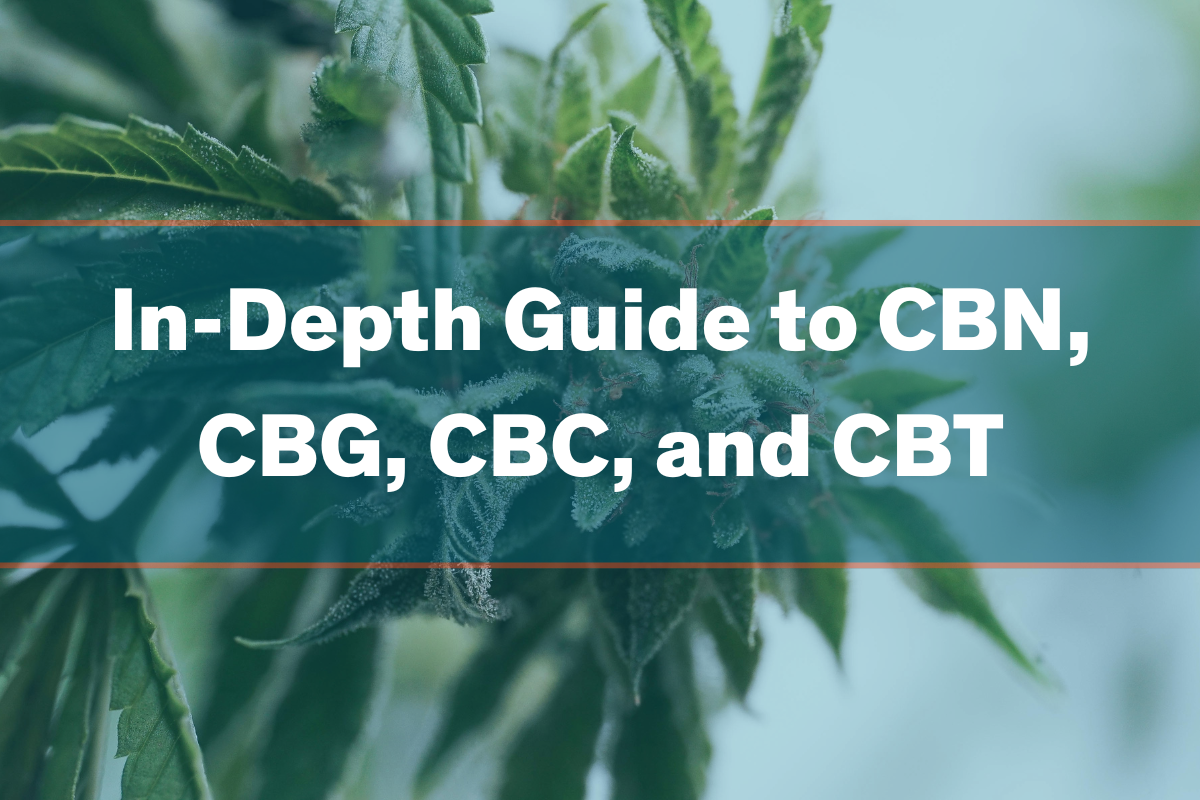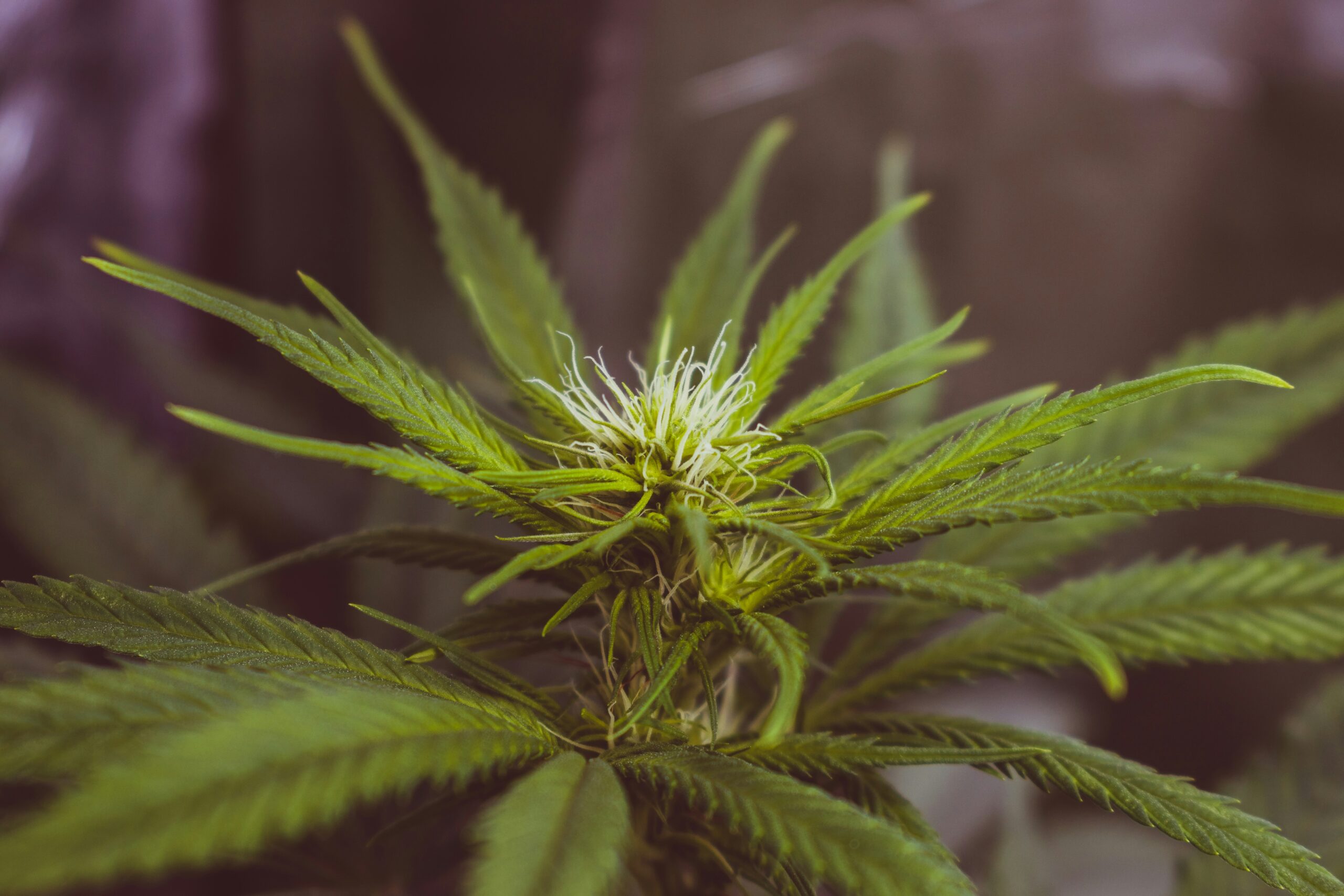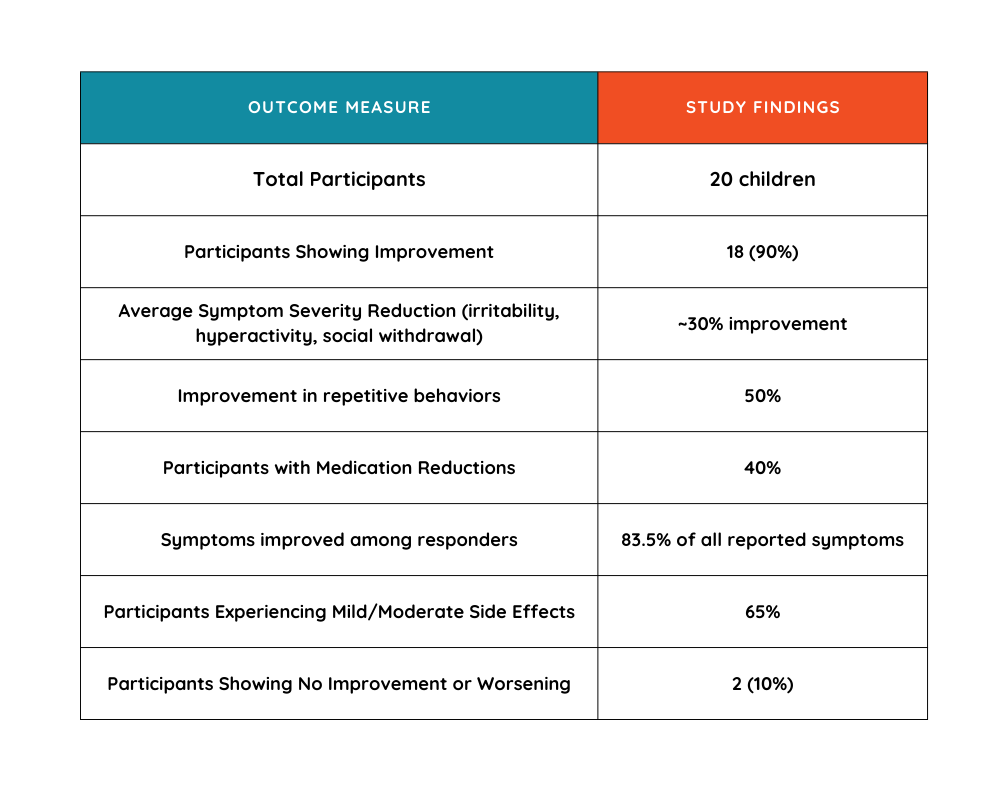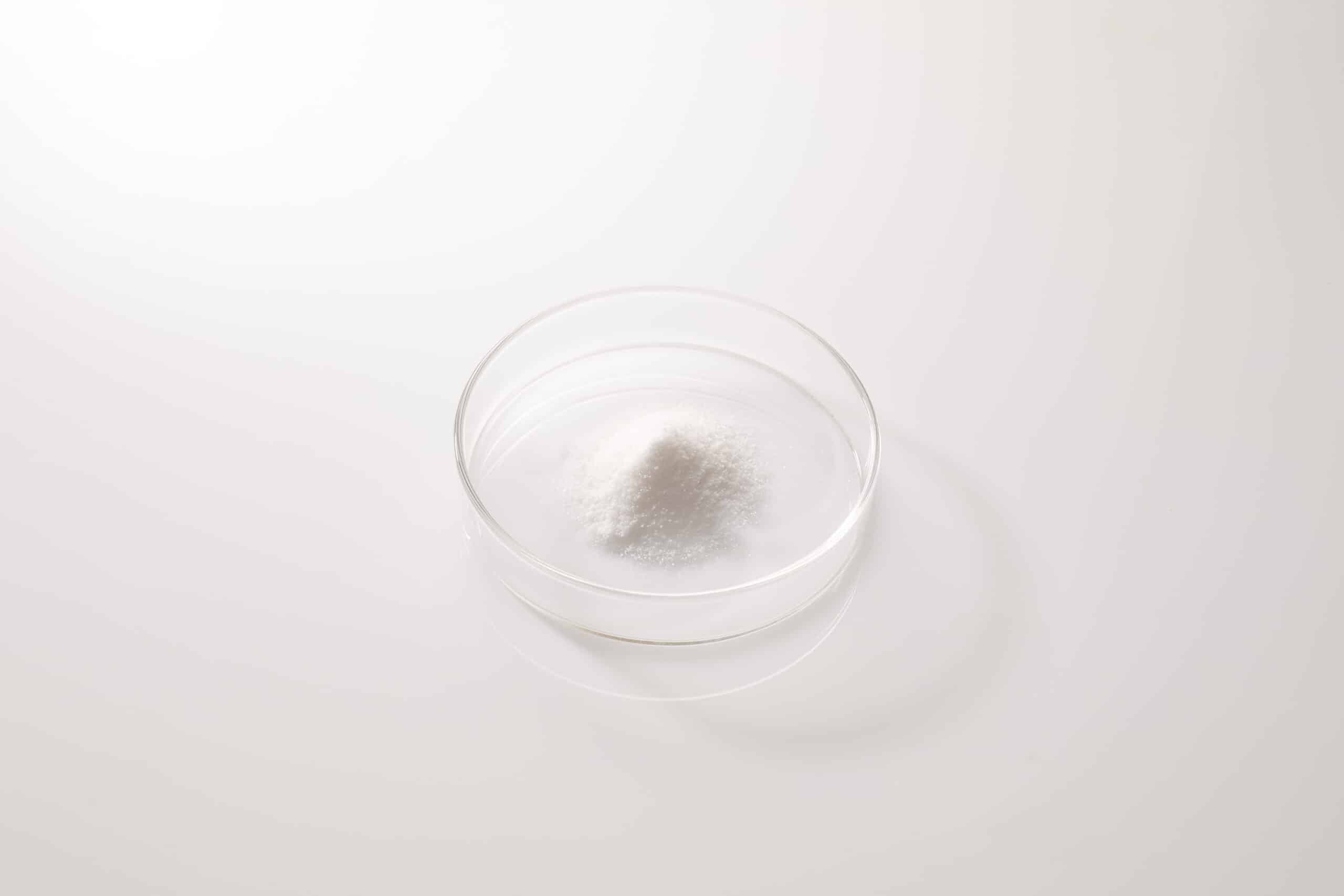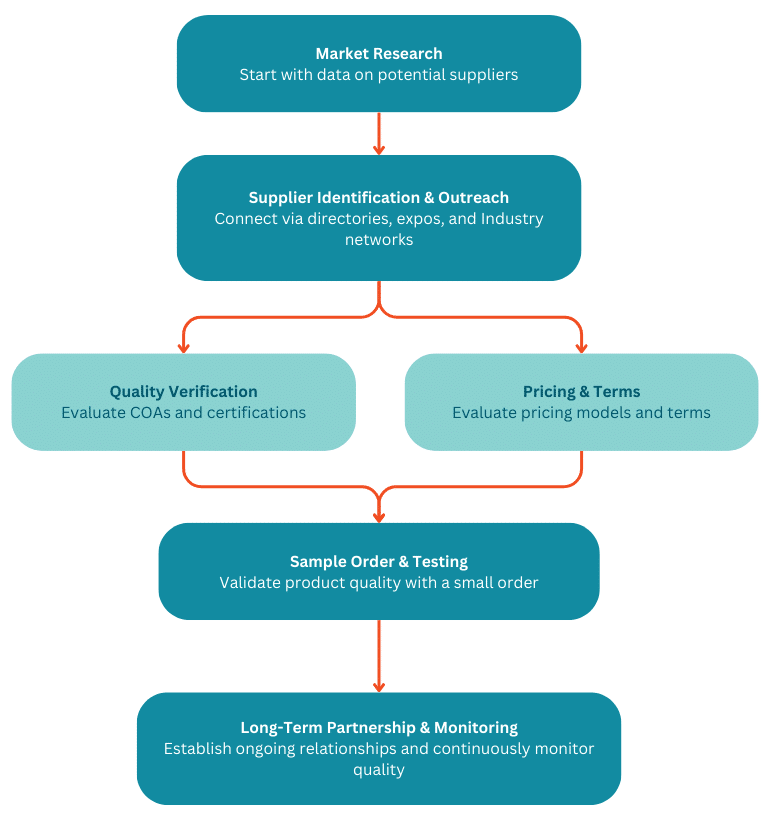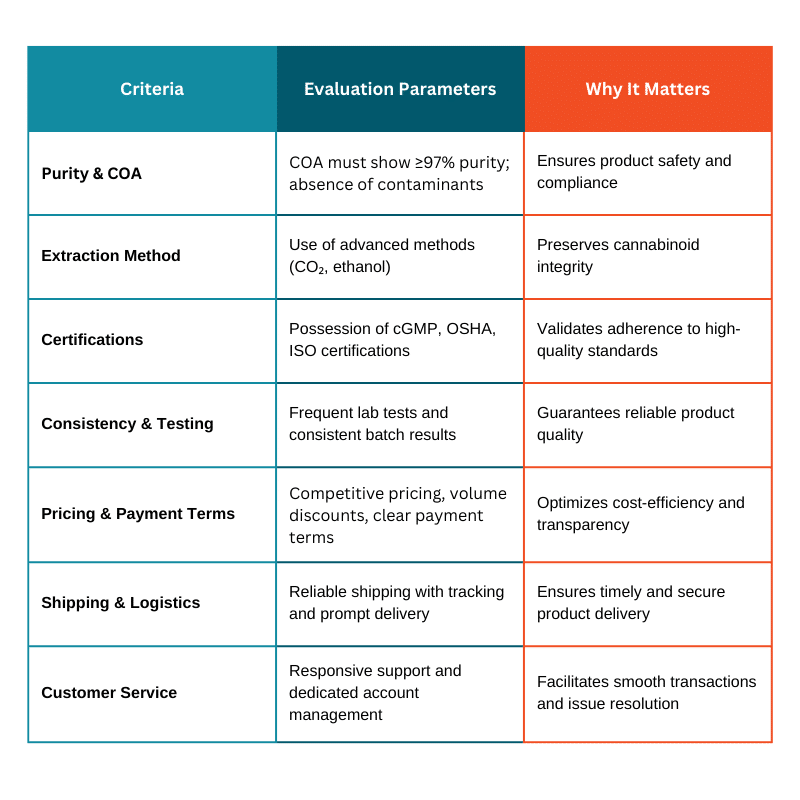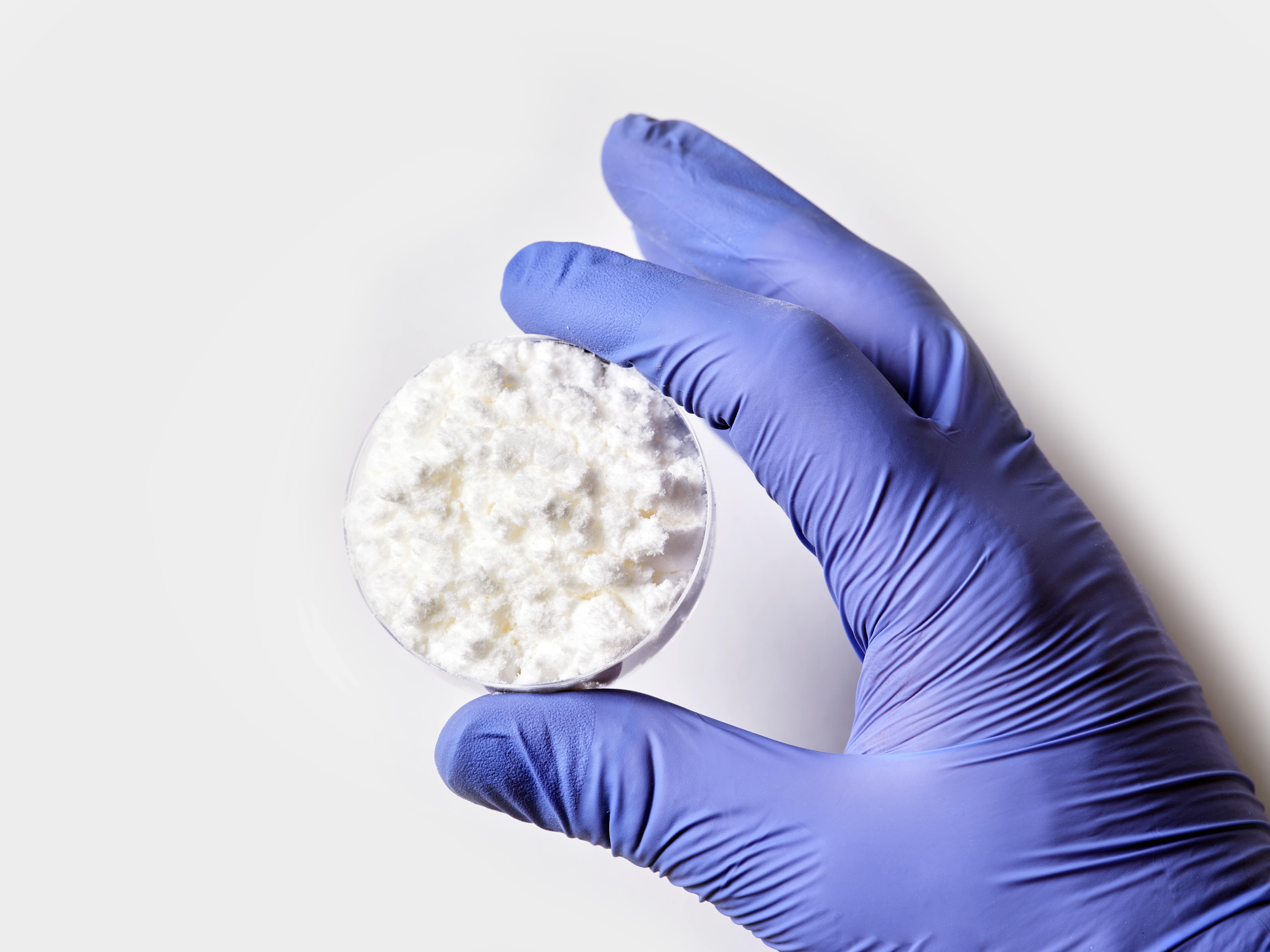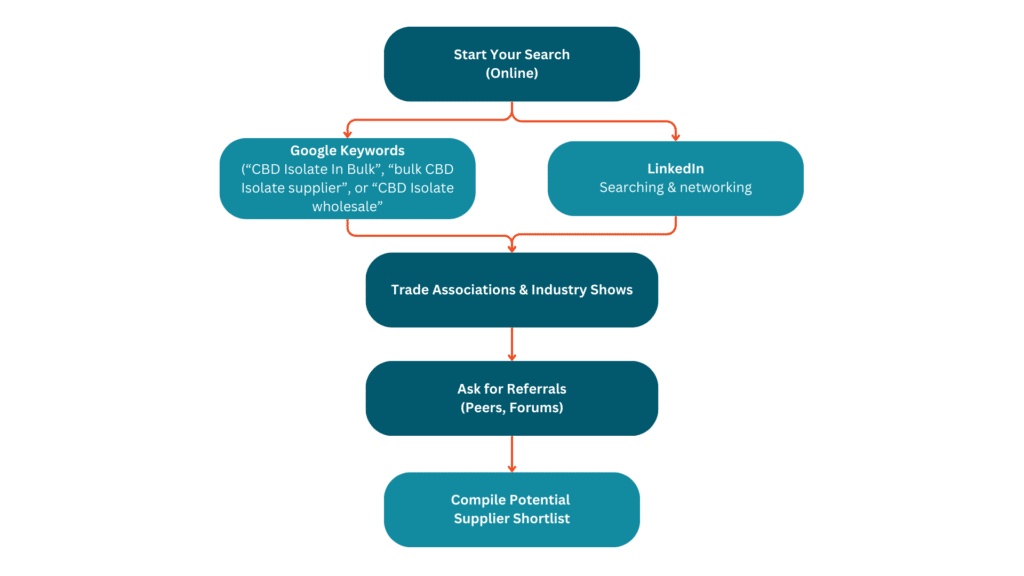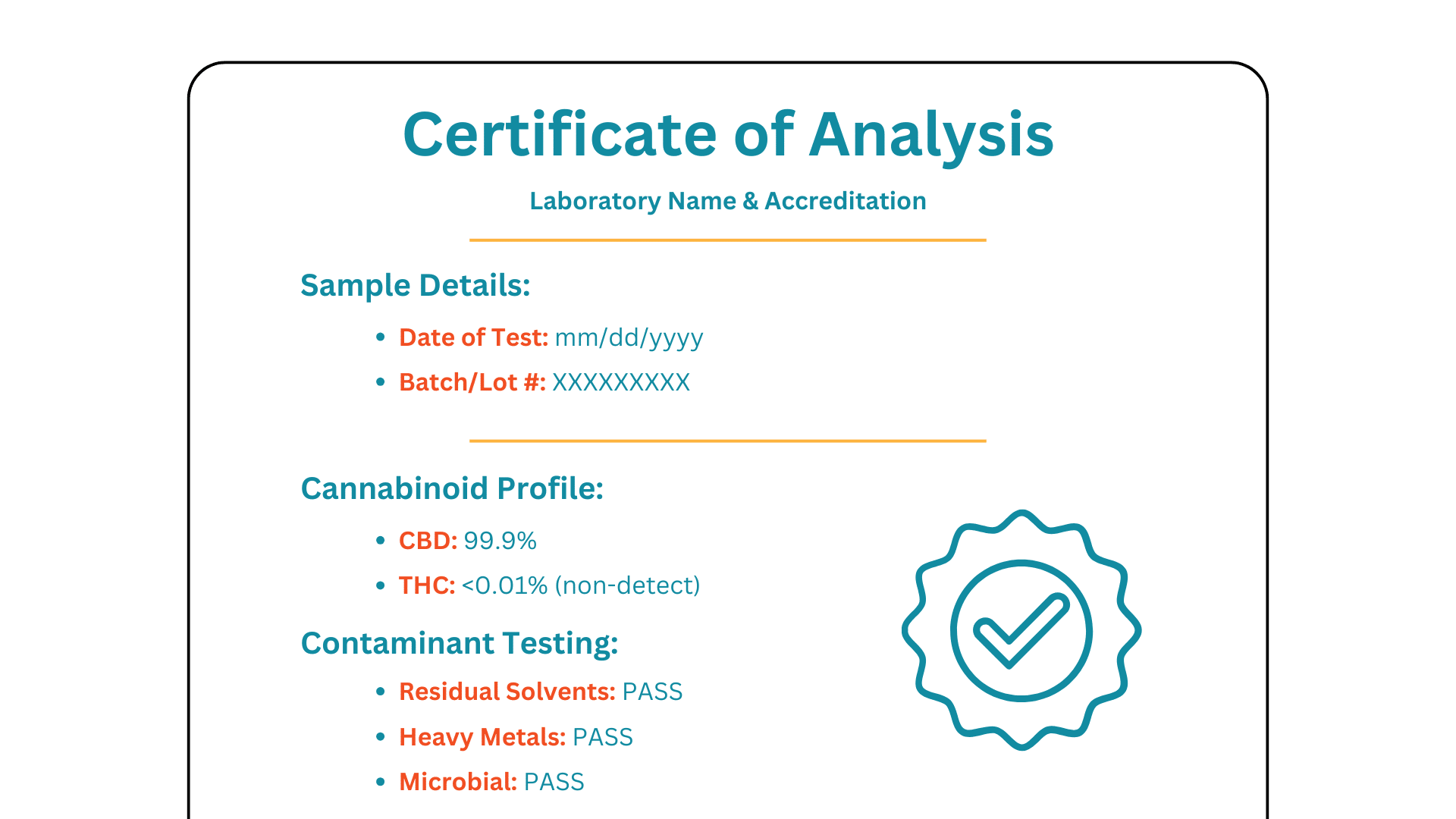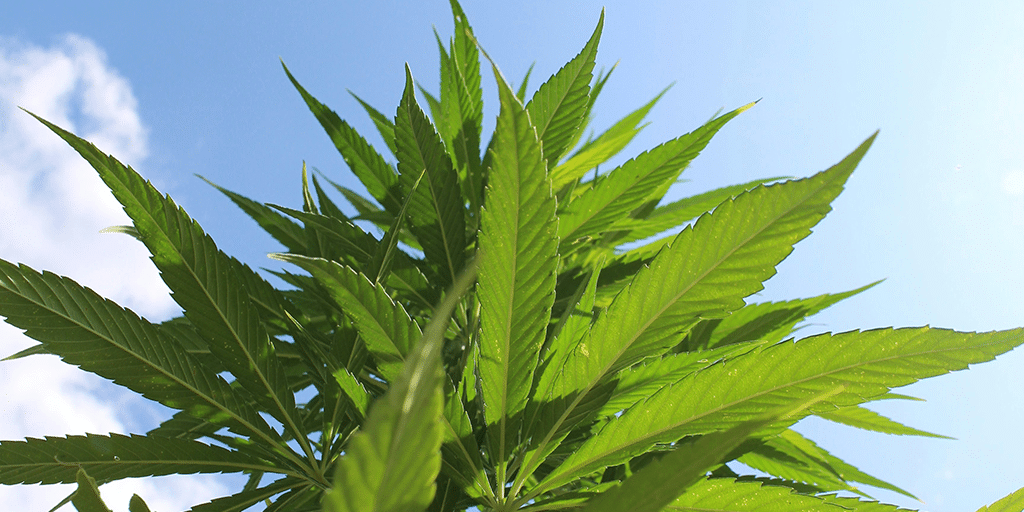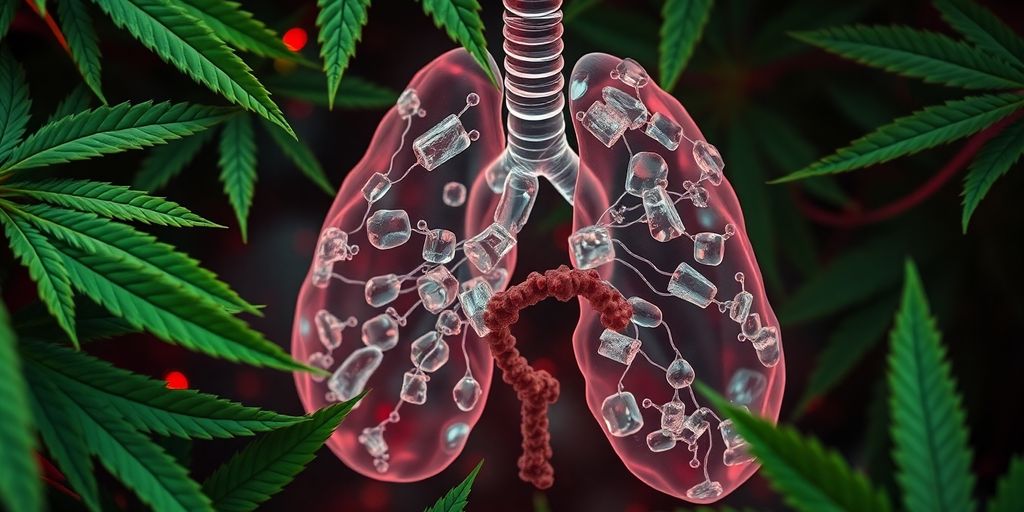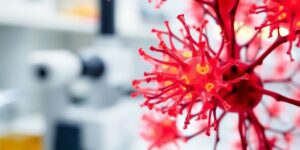As the CBD industry continues to grow, finding reliable and high-quality full-spectrum compliant CBD distillate is crucial for businesses looking to create premium CBD products. Whether you’re a seasoned professional in the industry or just starting out, understanding how to source the best CBD distillate can significantly impact the success of your formulations.
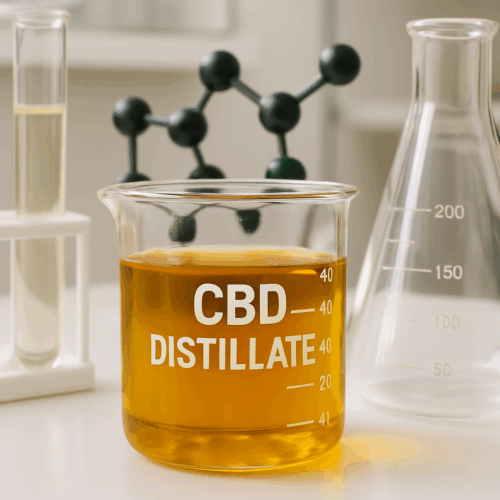
What Is Full-Spectrum CBD Distillate?
Full-spectrum CBD distillate contains a wide range of naturally occurring cannabinoids, terpenes, flavonoids, and other beneficial compounds from the hemp plant. Unlike CBD isolate (which is pure cannabidiol), full-spectrum distillate retains trace levels of THC (within legal limits) and other cannabinoids like CBG, CBC, and CBN. Together, these compounds create the “entourage effect,” where cannabinoids and terpenes work synergistically to enhance therapeutic benefits.
Why Compliance Matters in CBD Distillate
Full-spectrum compliant CBD distillate refers to extracts that meet strict legal and safety requirements. In the U.S., that means a THC content of less than 0.3% on a dry-weight basis. Sourcing compliant distillate ensures:
Legal peace of mind for your brand
Consistent formulations that pass third-party testing
Greater trust and transparency with consumers
Key Considerations When Sourcing CBD Distillate
1. Choose Reputable Wholesale CBD Distillate Suppliers
Select suppliers with a proven track record, industry certifications (GMP, ISO), and transparent processes. Reputable suppliers should provide clear sourcing information and be willing to answer technical questions. Beyond certifications, look for suppliers who have long-standing relationships with established brands in the industry, as this indicates consistency and trust. A reputable partner will also have robust customer service and technical support teams that can help troubleshoot formulation challenges as your business scales.
2. Verify the Hemp Source
The quality of distillate depends on the quality of hemp biomass. U.S.- and EU-grown hemp is typically preferred due to strict agricultural regulations. Look for hemp that is organically cultivated and free from pesticides, mold, and heavy metals. Transparency in the hemp supply chain helps ensure not only better cannabinoid profiles but also reduced risk of contamination that could compromise your finished product.
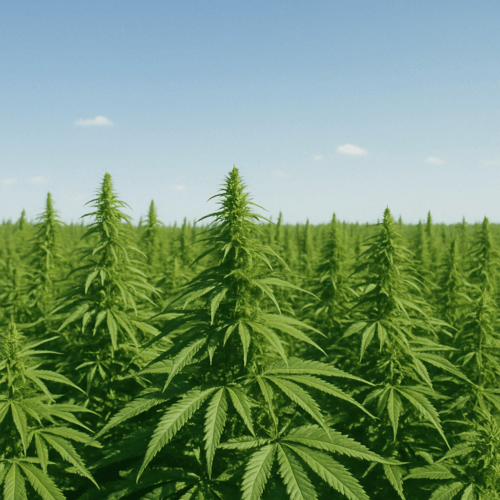
3. Require Third-Party Lab Testing
Always review Certificates of Analysis (COAs) from independent laboratories. These should verify cannabinoid content, THC compliance, and the absence of harmful contaminants. Suppliers unwilling to provide COAs should be avoided. Additionally, confirm that testing is performed by ISO-accredited labs, which follow internationally recognized testing standards. A reliable supplier will also provide batch-specific COAs rather than generic ones, giving you confidence that every lot you purchase meets the same strict specifications.
The Extraction and Distillation Process
Ethanol Extraction
At GVB Biopharma, we use ethanol extraction because it’s both efficient and scalable, producing high-quality, food-safe crude oil that retains the plant’s full cannabinoid and terpene profile. Ethanol is especially effective for producing compliant, full-spectrum distillates at commercial scale.
Why Distillation Matters
After extraction, crude CBD oil is carefully distilled to concentrate cannabinoids and remove impurities like chlorophyll, waxes, and lipids. High-quality full-spectrum distillate should be clear to amber in color, have a smooth texture, and exhibit a rich cannabinoid profile suitable for formulation.
Navigating Legal and Regulatory Requirements
Understanding THC Limits
By law, full-spectrum CBD distillate must contain less than 0.3% THC in the U.S. (0.2% in parts of Europe). Products that exceed this threshold are considered non-compliant. Partnering with a compliant supplier protects your brand from regulatory risk.
Staying Ahead of Regulations
CBD laws are evolving quickly worldwide. Working with suppliers who monitor regulatory changes ensures your formulations remain compliant today and in the future.
Building Strong Supplier Relationships
Communication and Transparency
Establish clear expectations around compliance, COAs, and delivery timelines. Good suppliers act as partners in your success. A trustworthy supplier should be proactive in sharing updates about production schedules, regulatory changes, or potential delays. Regular communication fosters accountability and allows you to anticipate challenges before they affect your supply chain or product launches.
Ongoing Quality Audits
Regularly review lab results and request updated documentation. Consistency in potency and purity is non-negotiable for long-term growth. Consider implementing a quarterly or semi-annual supplier audit process, where you review COAs, test random samples, and evaluate whether the supplier is keeping up with industry best practices. These audits protect your brand reputation and ensure customers always receive the same high-quality product experience.
The Importance of ISO 9001 Certification
When sourcing full-spectrum CBD distillate, it’s not enough to simply rely on lab reports — the systems behind production matter just as much as the product itself. That’s why many buyers specifically look for suppliers with ISO 9001 certification, the international standard for quality management systems. ISO 9001 ensures that a company follows rigorous processes for consistency, traceability, and continuous improvement across every step of production.
At GVB Biopharma, we are proud to hold ISO 9001 certification. This means our team adheres to strict quality controls, from sourcing hemp biomass through extraction, distillation, packaging, and delivery. For our partners, this certification provides additional peace of mind that every batch of compliant full-spectrum CBD distillate meets the same high standards for quality and safety.
Additional Factors to Consider
Minimum Order Quantities & Pricing
Different suppliers have different minimum order requirements. Clarify whether you need bulk full-spectrum CBD distillate or smaller sample sizes before scaling. Some suppliers may offer pilot-scale orders or flexible pricing tiers, which can be ideal for new product development or market testing before committing to large volumes. Understanding these terms upfront helps you align sourcing with your cash flow and growth strategy.
Supply Chain Reliability
Ensure the supplier can consistently meet your demand. Interruptions in supply can delay product launches or disrupt ongoing sales. Beyond raw production capacity, evaluate how well the supplier manages logistics, inventory, and international shipping if you operate across borders. A dependable supplier should be able to scale with your brand as demand grows, without sacrificing compliance or quality.
Formulation Support
Some wholesale CBD suppliers also provide R&D assistance. This can be valuable if you are developing new SKUs like tinctures, softgels, or topicals. Working with a supplier that offers formulation support can save time and resources, especially when fine-tuning taste, stability, or bioavailability. This partnership can also accelerate innovation, giving your brand a competitive edge in a crowded market.
Red Flags to Avoid in CBD Distillate Suppliers
No COAs or vague lab results
Unclear hemp sourcing practices
Prices far below market average (often a sign of poor quality or mislabeling)
Limited transparency about extraction methods
Conclusion
Sourcing high-quality full-spectrum compliant CBD distillate requires due diligence and a commitment to quality. By choosing reputable suppliers, verifying hemp sourcing, requiring third-party testing, and understanding extraction and distillation methods, you can ensure your brand delivers safe, compliant, and effective CBD products.
In a marketplace where transparency and compliance matter more than ever, aligning with the right supplier positions your company for long-term success. Whether you’re seeking bulk CBD distillate for manufacturing or smaller lots for product development, the same sourcing principles apply: trust, quality, and compliance above all.
Frequently Asked Questions About Full-Spectrum CBD Distillate
1. What is full-spectrum CBD distillate used for?
Full-spectrum CBD distillate is commonly used to manufacture tinctures, capsules, softgels, gummies, topicals, and other CBD products. Because it contains a wide range of cannabinoids and terpenes, it’s often chosen for wellness products that aim to deliver the entourage effect.
2. What makes full-spectrum CBD distillate “compliant”?
Compliant CBD distillate meets the legal THC threshold (0.3% THC or less in the U.S.). Compliance ensures that the distillate is safe to use in consumer products and can be legally sold in regulated markets.
3. How does full-spectrum CBD distillate differ from CBD isolate?
Full-spectrum distillate contains multiple cannabinoids (including trace THC) and terpenes, while CBD isolate contains only cannabidiol (99%+ pure CBD). Distillate supports the entourage effect, while isolate is often chosen for THC-free products.
4. How can I verify the quality of a CBD distillate supplier?
Always request Certificates of Analysis (COAs) from independent third-party labs. A COA should confirm potency, THC compliance, and that the distillate is free from pesticides, heavy metals, and residual solvents.
5. Why is ethanol extraction used for full-spectrum distillate?
Ethanol extraction is efficient, scalable, and food-safe. It allows producers to extract a broad cannabinoid and terpene profile, making it ideal for producing compliant full-spectrum distillates at commercial scale.
6. What color and texture should high-quality CBD distillate have?
Premium CBD distillate is typically clear to amber in color and has a viscous, honey-like consistency. Cloudy or dark distillate can be a sign of poor purification.
7. How do I buy bulk full spectrum CBD distillate?
Most wholesale suppliers sell in liters or kilograms. Minimum order quantities vary, so check whether the supplier offers samples before committing to larger bulk orders.
8. Is full-spectrum CBD distillate legal worldwide?
Legality depends on local laws. In the U.S., full-spectrum CBD distillate derived from hemp with less than 0.3% THC is federally legal. Some countries (and certain U.S. states) impose stricter THC limits or outright bans, so always check regulations before importing or selling.
9. What products can be made with full-spectrum CBD distillate?
Common applications include oils, tinctures, gummies, softgels, vape cartridges, beverages, skincare, and pet formulations. Because it’s concentrated and versatile, distillate can be infused into a wide range of consumer products.

